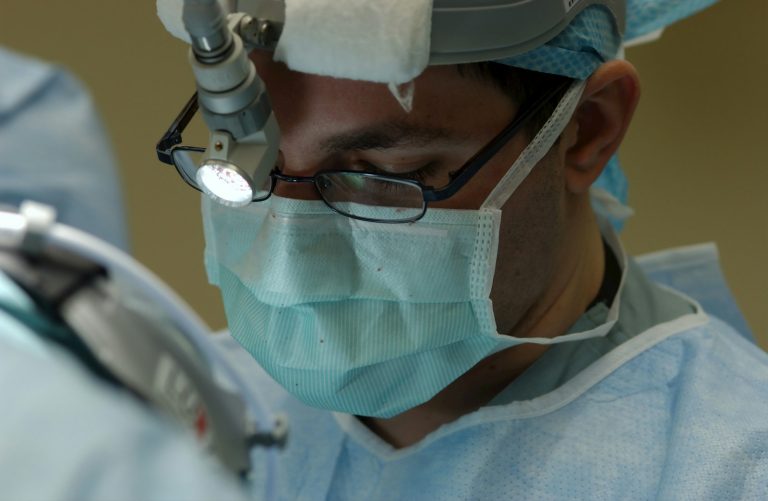This article is contributed by PeaceHealth and Authored by and republished with permission from WhatcomTalk
2021-22 Fall Edition of Vibrant Senior Options Resource Guide
The mitral valve, located between the left atrium and left ventricle of the heart, is comprised of flaps that regulate blood flow between the two chambers. When working properly, the valve keeps blood flowing the right direction, through the heart and into the body.
But if the mitral valve becomes floppy or leaky and won’t seal properly, blood leaks back into the heart instead of continuing out of it. It’s a condition known as mitral valve regurgitation, with symptoms like fatigue, shortness of breath, coughing, and heart palpitations, among others.
Mitral Valve Repair
Fortunately, cardiologists can repair the valve to reduce or stop severe forms of the condition. This traditionally requires open-heart surgery, but now, a less-invasive procedure called the MitraClip is available for qualifying patients at Bellingham’s PeaceHealth St. Joseph Medical Center.
The MitraClip procedure uses a catheter inserted into a small groin incision. The catheter, which includes the small clip device, is then guided through a leg vein to reach the heart, where the valve is clipped to minimize or stop occurring leakage.
PeaceHealth St. Joseph began offering MitraClip in July of 2021. Three patients have undergone the procedure, with several more scheduled soon, says Dr. Eric King, an interventional cardiologist and the sole conductor of MitraClip procedures. All three patients, Dr. King says, are recovering well.
Image: Mitra Clip in heart model, PeaceHealth St. Joseph Hospital Cath Lab, Bellingham, WA. © 2021 Mark Turner
So why does the mitral valve become dysfunctional in the first place?
There are several reasons. One is simply degradation as people age, causing the valve to tear.
Heart failure, leading to enlargement of the heart muscle, and other serious illnesses that affect the heart can also adversely impact the valve’s function.
Who’s a good candidate?
For patients with mitral valve regurgitation, milder versions can be treated with medications. But when severe forms of the condition necessitate surgery, open-heart surgery is still the standard of care for optimal mitral valve repair.
Due to advanced age, heart or lung conditions, however, open-heart procedures simply provide too much risk of complication for some patients. For them, the MitraClip procedure is ideal.
Patients for the procedure must also be free of infection and blood clots, be able to tolerate blood thinners, and have a mitral valve condition that’s not caused by a case of rheumatic fever. The screening process of qualification includes diagnostic tests like blood work and an angiogram, as well as both an echocardiogram and a transesophageal echocardiogram.
The MitraClip procedure
The MitraClip procedure can last three to four hours, a timeframe similar to the open-heart version of the valve fix. However, the recovery time of MitraClip is typically much quicker.
“Patients are usually able to get up out of bed after about three hours,” Dr. King says. “Usually, they go home the following day.”
Moving forward, the use of the MitraClip procedure in Whatcom County will save some of the most vulnerable mitral valve patients a lot of time and worry.
“Previously, our patients were having to go down to a different center in Seattle to get this procedure done,”
Dr. King says. “Now, having it here…it’s a pretty awesome thing for the community.”
Patients who have concerns about mitral regurgitation or are interested in MitraClip should contact their primary care physician or cardiologist to learn more.
See orignal article here: PeaceHealth/WhatcomTalk






















